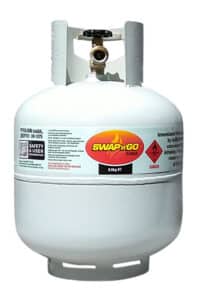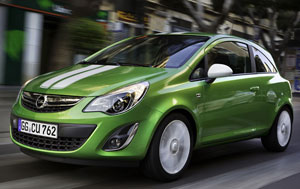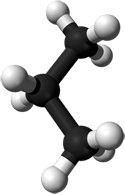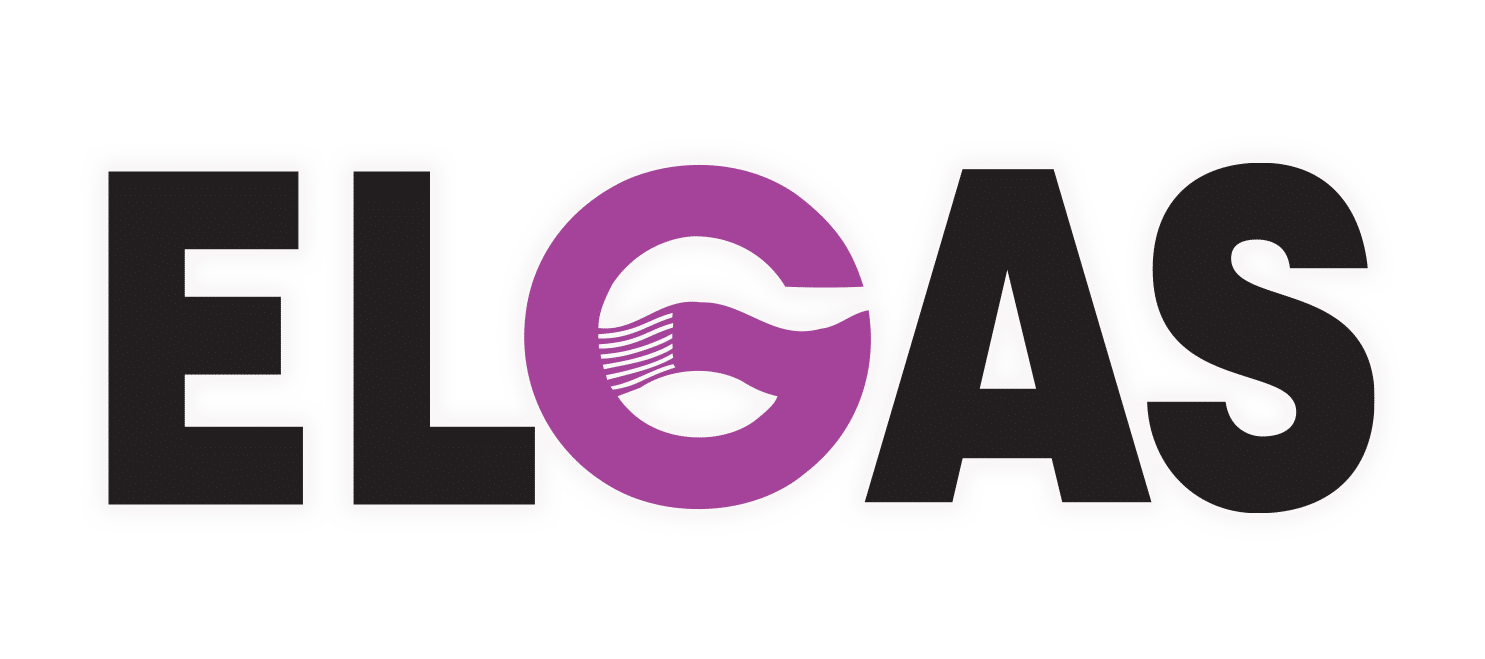LPG Gas Chemical Name – What is Autogas? LPG Car – LPG Gas Car – LPG Gas Auto
In Australia, LPG goes by many names and this can sometimes be confusing.
LPG can be called propane, butane, isobutane, LP gas, BBQ gas, camping gas, bottled gas, LPG gas auto, LPG car, LPG gas car, Autogas and Liquified Petroleum Gas.
So, here is a quick tongue-in-cheek summary of all of the various terms used to describe our favourite product:
LPG Gas Chemical Name
There are a number of gases qualifying as LPG so there are a number of gas names.
Propane, butane and isobutane are the most common chemical names.
LPG Gas Full Name
LPG is an acronym for the LPG gas full name, which is Liquified Petroleum Gas or Liquid Petroleum Gas.
Is Propane the Same as LPG – Common Names
Propane is LPG but not all LPG is propane.
Propane is the same as LPG but LPG can also be other gases, like butane and isobutane and is also referred to as natural gas liquids – NGL..
LPG – Liquefied Petroleum Gas – is flammable hydrocarbon gas liquefied through pressurisation. LPG are gases used in BBQ gas bottles and as fuel for gas heating, gas hot water, cooking gas cylinder, aerosol propellant and in LPG cars as Autogas.
 Is BBQ Gas the Same as LPG
Is BBQ Gas the Same as LPG
BBQ gas the same as LPG – liquefied petroleum gas (LP gas) – a flammable hydrocarbon gas containing propane, butane or a mixture of the two.
Is Bottled Gas LPG
Bottled gas is LPG. “Bottled gas” is typically a synonym for “LPG” or “propane” stored in gas bottles or gas cylinders. Whilst there are actually many types of gas that come in bottles or cylinders, including industrial and welding gases, it is generally understood that LPG is ‘bottled gas’ – LPG in gas bottles.
Autogas is also a form of bottled gas, but in a tank.
Can I Use LPG Instead of Propane
You can use LPG instead of propane, as LPG is typically propane, just by another name.
Autogas – LPG gas auto is frequently a mix or propane and butane.
In some countries, LPG can be a LPG gas mixture of propane and butane but in most cases you wouldn’t be able to tell the difference.
LPG Nomenclature
LPG Gas
LPG
LP Gas
Liquefied Petroleum Gas
Bottled Gas
Autogas
LPG Gas Auto
LPG Car
LPG Gas Car
LPG Auto
Camping Gas
BBQ Gas
Propane
Butane
Isobutane
LPG Terminology Can Depend on the Country
LPG is probably the most common term used worldwide.
In Australia, it is frequently called “LPG gas” or “Autogas”
In the USA it is just called Propane.
In the UK, it is referred to as either propane, butane or LPG, depending on what you choose.
In other countries, they call it “GPL” or “GLP” instead of “LPG”, as the acronyms are based on different languages and different language syntax.
For example, in French it is “gaz de pétrole liquéfié” or in Spanish it is “gas licuado de petróleo”.
LPG Gas as in LPG Gas Car and LPG Gas Auto
This is probably the most common term used in Australia.
Yes, we know, it’s like saying “ATM Machine”.
This has a name, too. It is called RAS syndrome, where RAS stands for redundant acronym syndrome. So, ‘RAS’ qualifies as a RAS.
However, Australians love to err on the side of being overly descriptive.
For example, LPG gas car, and LPG gas auto for cars fueled by LPG gas.
Why else would we use ultra-imaginative names like the Sydney Harbour Bridge, Sydney Harbour Tunnel and the Sydney Opera House?
LPG as in LPG Car and LPG Auto
LPG is the acronym for Liquefied Petroleum Gas.
It is commonly used in Australia and probably the most common term used worldwide.
Once again, Australians use very descriptive terms like LPG car and LPG auto for those same cars fueled by LPG.
In some non-English speaking countries they call it GPL.
No, they are not dyslexic! They just have different language syntax.
LP Gas
This is for people who can’t decide between acronyms and words.
While technically correct, it just isn’t as popular as the erroneous “LPG Gas”.
Being grammatically challenged is just way more fun than being indecisive!
BBQ Gas – Which Gas for BBQ – What Gas is in BBQ Gas Bottles
BBQ gas is LPG gas for BBQ.
The gas is in BBQ gas bottles is LPG, including either propane, butane or mixtures of these fuel gases.
Both propane and butane are sold as gas for BBQ (barbecues) and both work equally well as the type of fuel, no matter which gas BBQ grill.
BBQ gas is the same as LPG and is also referred to as “Patio Gas”.
BBQ Gas is another very descriptive favourite in Australia.
Autogas: What is Autogas? LPG Car, LPG Gas Car, LPG Gas Auto, & LPG Auto

What is Autogas?
Autogas or LPG gas auto refers to LPG that is used in an LPG car, LPG gas car, LPG gas auto, and LPG auto.
Autogas, in Australia, is either propane or a propane/butane mix.
Autogas is also known as “car LPG”, “LPG fuel”, “LPG gas auto” or “LPG gas for cars”, all very descriptive.
What else would you expect with “auto” combined with “gas” as one word?
I keep telling you that we Australians are into being descriptive.
We even have tourist sites known as the “Big Banana” and the “Big Prawn”, as well as about 150 other Australian Big Things.
Assuming you don’t already know, there are no bonus points for guessing what these are!
Camping Gas
Do we really need to explain? Think the type of gas for BBQ.
Bottled Gas
We are a fickle bunch.
Sometimes we choose to be descriptive regarding the container used instead, so we call it Bottled Gas.
However, we are a bit indecisive as sometimes we also use “bottle gas” and “bottles gas”.
Get with it people and make up your mind!
Propane
 When it comes to LPG vs propane, the Yanks are very fond of propane.
When it comes to LPG vs propane, the Yanks are very fond of propane.
As you may have surmised, Australians tend to not use technical terms when more descriptive terms are available, so Propane isn’t a very common term in Australia.
This is a bit schizophrenic of us, as LPG in Australia is actually about 98% Propane, so it is very accurately descriptive.
Except for Autogas, which is a mix or propane and butane.
Go figure?
Liquefied Petroleum Gas
This is for decisive people who hate acronyms and prefer the full and precise term for the product.
Very popular with engineer types. A slight variation on this is “Liquid Petroleum Gas”.
As you may have guessed, this term is not very popular at all in Australia.
Why would you expect an Australian to say or write the long version of a term when we don’t even bother pronouncing ‘R’s at the end of words?
My favourite example of this is a place called the “Supa Centa”, which is phonetically correct in Australian English.
It doesn’t seem to bother us that neither one is actually a real word?
But What is LPG?
LPG is used for heating our homes & hot water, cooking our food, powering our BBQs & fuel our cars (Autogas).
It also powers many business and agricultural processes.
Learn more about this amazing transportable gas that comes in a bottle…
Explaining LPG vs Propane in Australia
The term LPG actually encompasses more than one variety of gaseous fuel. In Australia, LPG is typically Propane.
Except for Autogas or LPG gas auto, which is a propane-butane mix.
There are a number of hydrocarbon gases that fall into the classification of “LPG”.
Their common distinguishing characteristic is that they can be compressed into liquid at relatively low pressures.
How Does LPG Work?
LPG is stored under pressure, as a liquid, in a gas bottle.
It turns back into gas vapour when you release some of the pressure in the gas bottle by turning on your appliance.
Almost all of the uses for LPG involve the use of the gas vapour, not the liquefied gas.
What is LPG made of: LPG Composition
The gases that fall under the “LPG” label, including Propane, Butane and Isobutane, as well as mixtures of these gases.
The two most common are Propane and Butane.
Propane
In Australia, LPG is Propane not LPG vs propane.
Propane is the gas that is supplied to virtually all homes and most businesses that purchase LPG in Australia.
Remember that Autogas (LPG gas auto) is different, with a propane-butane blend.
LPG is supplied in gas bottles that are either exchanged or refilled on site by LPG tankers.
Large users may utilise bigger LPG storage tanks. The chemical formula for Propane is C3H8.
LPG goes by a number of names in Australia including LPG, LPG gas, bottled gas, Propane, BBQ gas, camping gas and LP gas.
However, no worries, as it’s all the same gas.
Butane 
Butane is also considered to be LPG.
Butane is supplied to businesses that require Butane, as opposed to Propane.
Butane has some specific applications where it has advantages over Propane.
The chemical formula for Butane is C4H10.
Autogas for an LPG Car, LPG Gas Auto, LPG Gas Car, or LPG Auto
Autogas (LPG gas auto) is also LPG used for an LPG car, LPG gas auto, LPG gas car, or LPG auto.
Autogas that is sold at service stations can be Propane or a Propane/Butane mix.
Not only is running an LPG car economical, but Autogas (LPG gas auto) is also cleaner burning fuel than petrol, so engine life is actually extended and greenhouse gas emissions reduced.
Where does LPG come from?
LPG is produced during natural gas processing and petroleum refining.
Propane does not occur naturally in isolation.
Once refined, LPG is stored as a liquid under pressure in gas bottles or tanks.
At the point of use it once again becomes a gas.
Refined from Oil & Natural Gas
LPG processing involves separation and collection of the gas from its petroleum base.
LPG is isolated from the petrochemical mixtures by separation from natural gas or by the refining of crude oil.
Both processes begin by drilling oil wells.
The gas/oil mixture is piped out of the well and into a gas trap, which separates the stream into crude oil and “wet” gas, which contains LPG and natural gas.
The heavier crude oil sinks to the bottom of the trap and is then pumped into an oil storage tank for refining.
Crude oil undergoes a variety of refining processes, including catalytic cracking, crude distillation, and others.
One of the refined products is LPG.
The “wet” gas, off the top of the gas trap, is processed to separate the gasoline (petrol) from the natural gas and LPG.
The natural gas, which is mostly methane, is piped to towns and cities for distribution by gas utility companies.
The petrol is shipped to service stations, along with Autogas (LPG gas auto).
The LPG also enters the distribution network, where it eventually finds its way to end users, including Home LPG and Commercial LPG users all around Australia and the world.
- BBQ – Gas and Charcoal BBQ Features – Charcoal BBQ vs Gas BBQ Comparison - March 31, 2025
- GPL Gas (GPL Fuel) – GLP Gas – LPG Gasul: GLP-GPL Gas Station - March 26, 2025
- Think LPG When Building a New Home - February 26, 2025
Steve Reynolds
Technical Consultant
Steve Reynolds is a leading expert in the LPG industry with over 22 years of experience. As part of the national management team at ELGAS, Steve ensures the safe and efficient storage, handling, and transportation of LPG. He serves as the lead investigator for incidents and collaborates with authorities on industry developments.
Steve is a technical advisor to Standards Australia and Gas Energy Australia (GEA), and an active member of the World LPG Association (WLPGA), contributing to global standards and technical reviews. He holds a BSc. (Hons) in Industrial Chemistry from UNSW and has held senior safety and technical roles at ELGAS, making him a trusted authority in LPG safety and standards.

